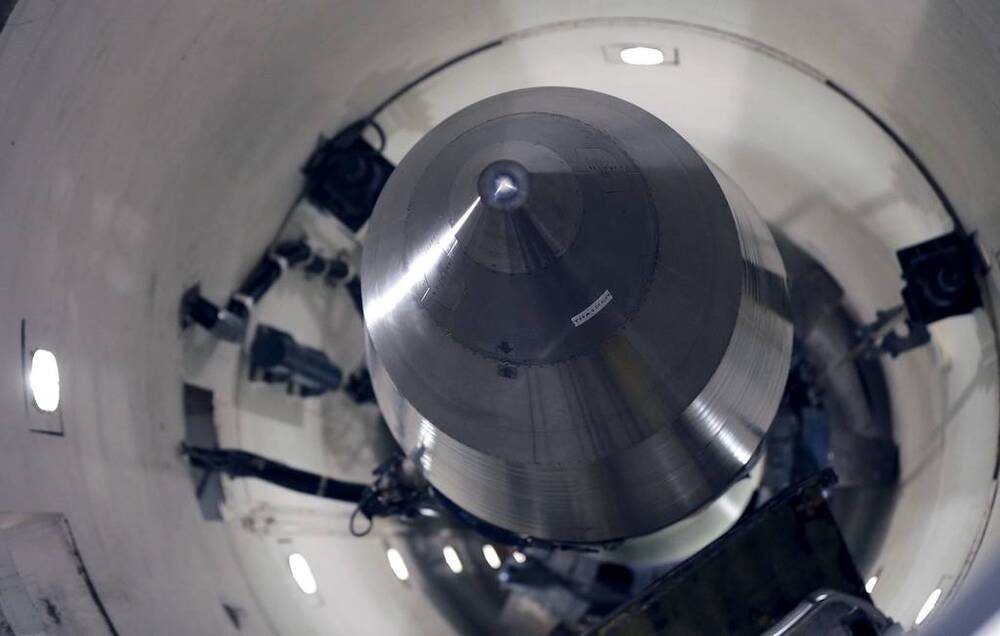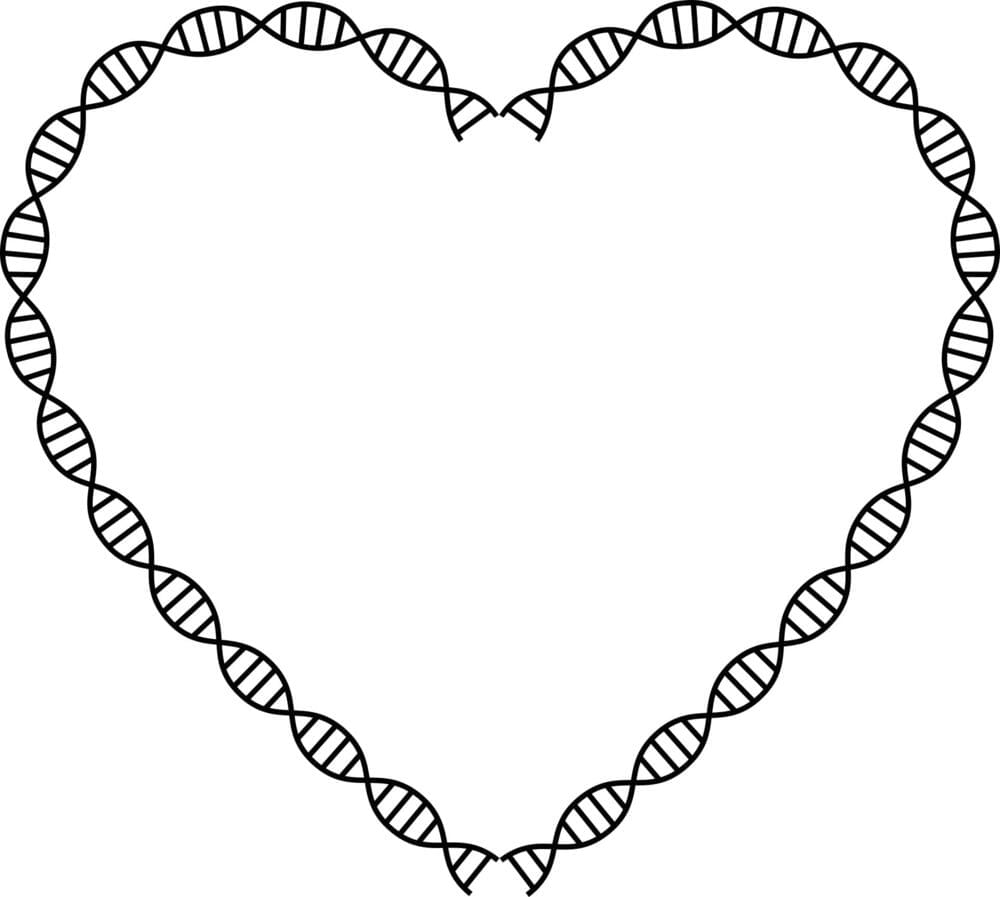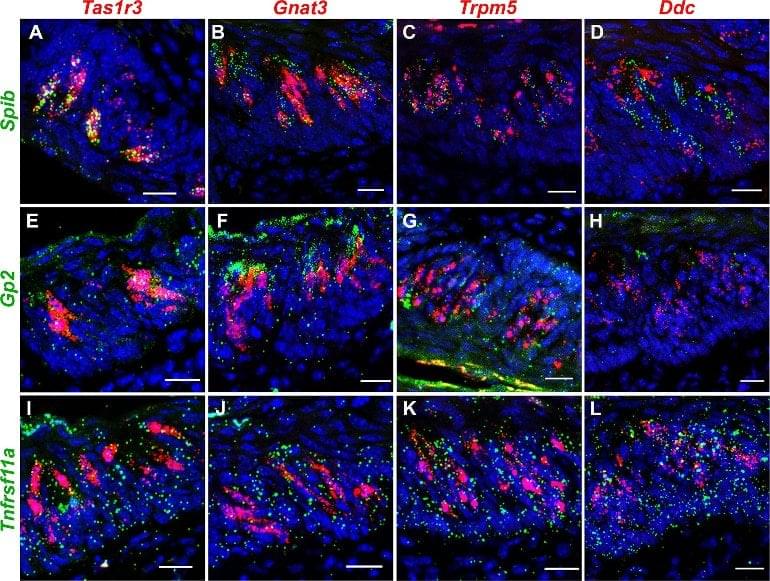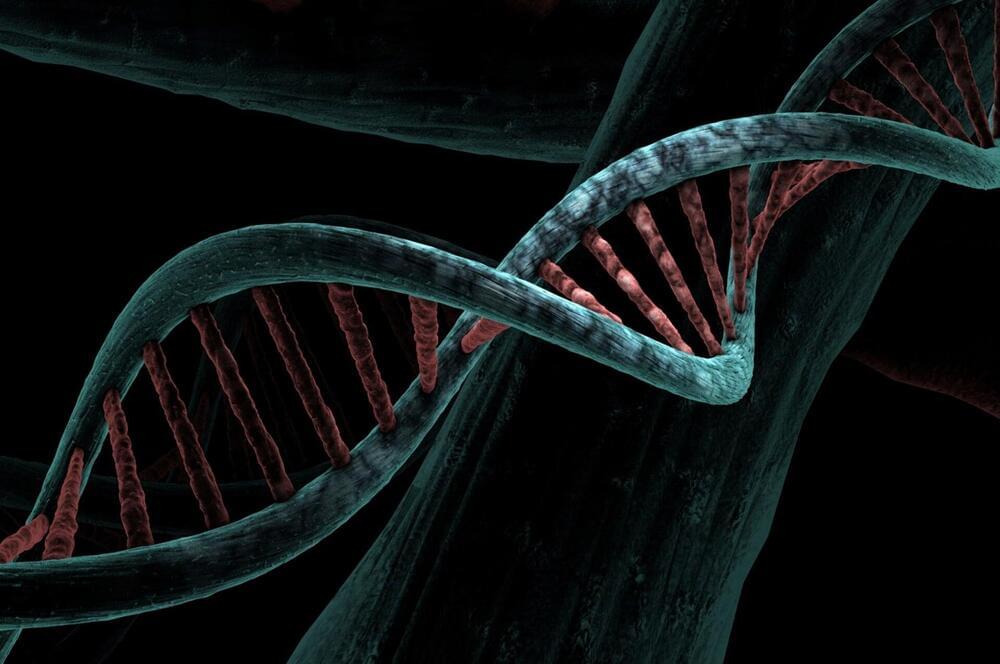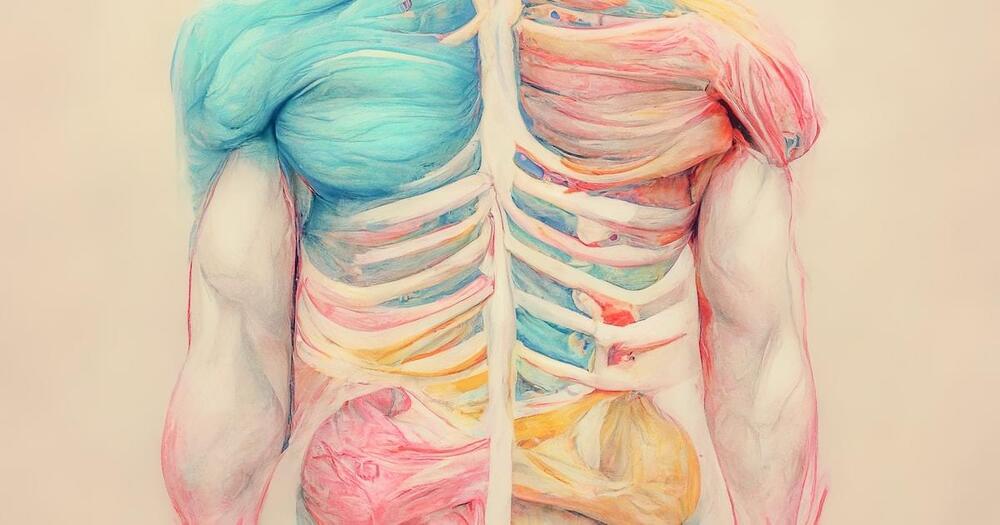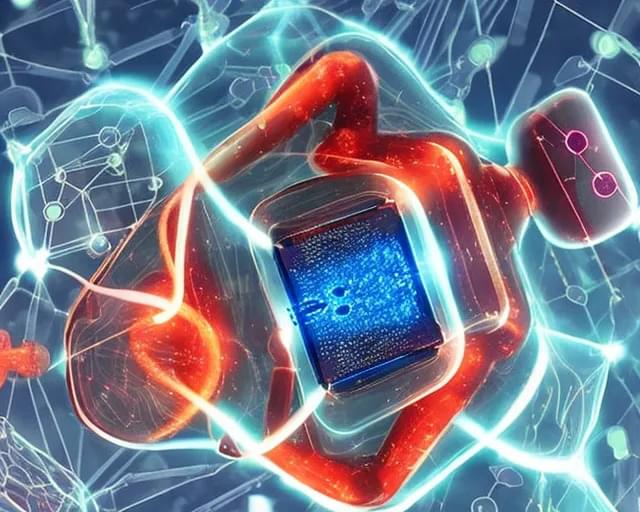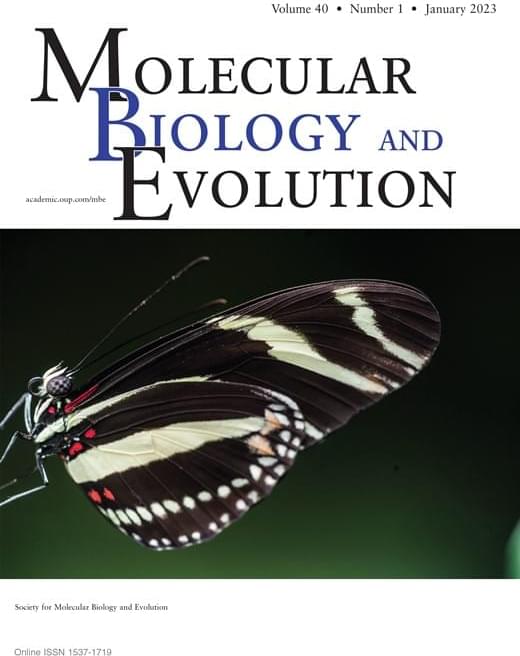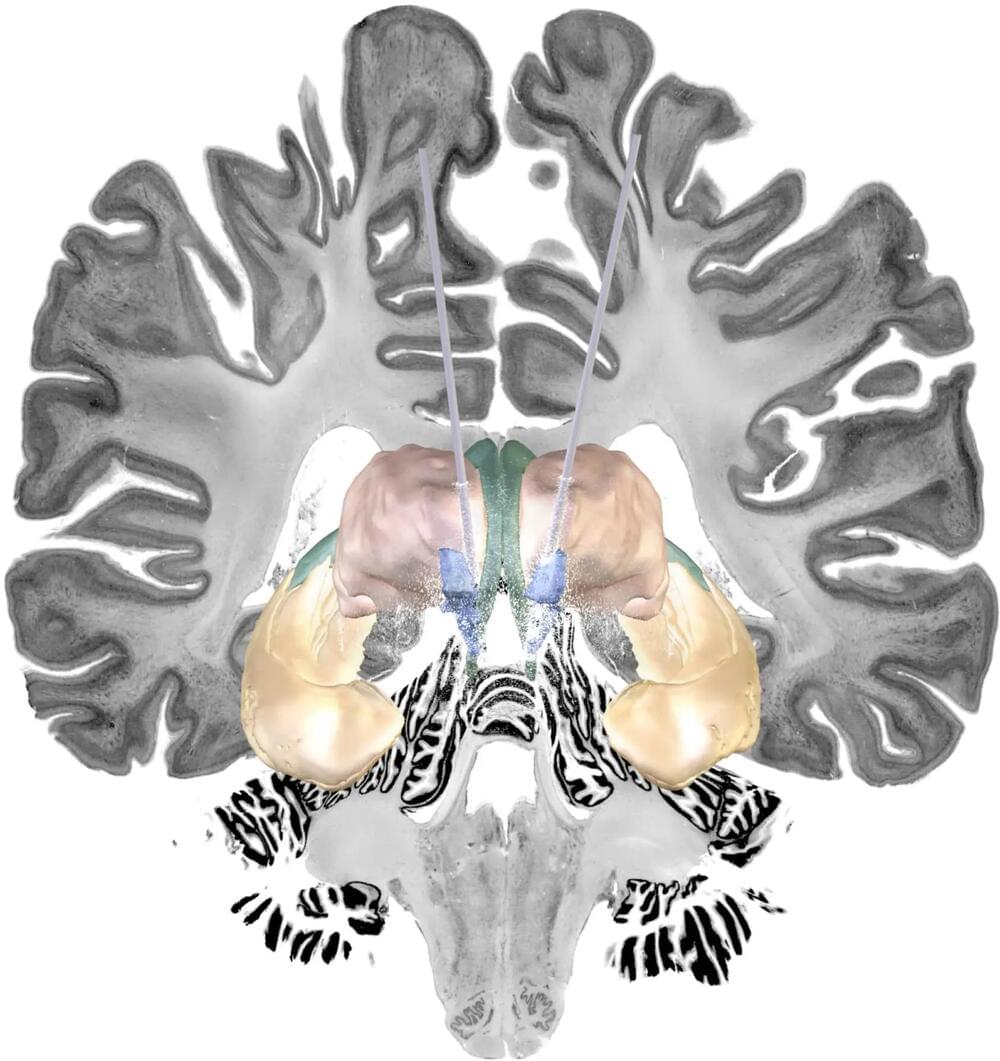
Alzheimer’s disease, which is the most common form of dementia, is challenging to treat. A possible therapy is deep brain stimulation delivered by a pacemaker-like device. A team of researchers from Charité – Universitätsmedizin Berlin discovered that stimulating a specific network in the brains of Alzheimer’s patients can decrease their symptoms. The study, published in the journal Nature Communications.
<em>Nature Communications</em> is a peer-reviewed, open-access, multidisciplinary, scientific journal published by Nature Portfolio. It covers the natural sciences, including physics, biology, chemistry, medicine, and earth sciences. It began publishing in 2010 and has editorial offices in London, Berlin, New York City, and Shanghai.

